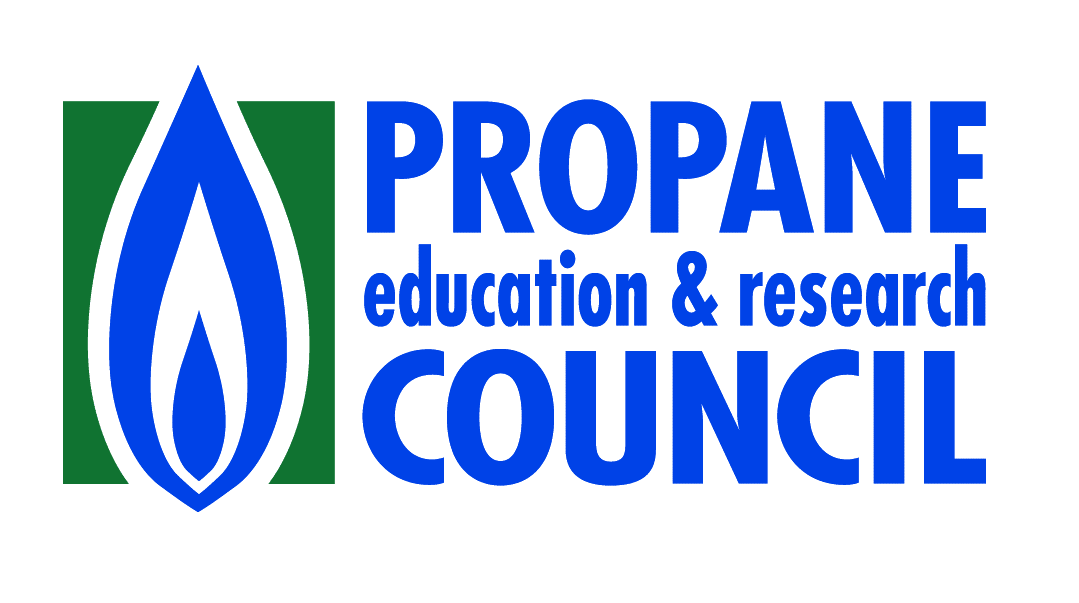There are a lot of alternative fuel options available and worth considering for any fleet placing a priority on cost-effective emissions reductions.
Propane autogas is one of those fuels which provides fleets with the clean emissions profile they seek, at an affordable cost. Plus, with decades of use throughout the world as a transportation fuel, propane autogas offers proven performance without the growing pains newer alternative energy options may still be dealing with.
Substantial Emissions Reductions
For fleets asking if propane autogas can substantially reduce vehicle emissions at the tailpipe, whether we’re talking greenhouse gases (GHGs), nitrogen oxide (NOx), or particulate matter (PM), the answer is “yes.” And technological advancements are only making it cleaner.
Propane autogas is one of those fuels which provides fleets with the clean emissions profile they seek, at an affordable cost. Plus, with decades of use throughout the world as a transportation fuel, propane autogas offers proven performance without the growing pains newer alternative energy options may still be dealing with.
New research from the West Virginia University Center for Alternative Fuels, Engines, and Emissions (CAFEE) looked at tailpipe emissions in school buses. The school transportation industry is ground-zero when it comes to vehicle safety because of the precious cargo it transports every day: children. That vehicle safety includes the emissions and particulate matter coming from the tailpipe, which can be hazardous to the health of those students it helps to transport. The West Virginia University study found an even greater emissions disparity during real-world use of school buses powered by propane autogas and diesel than what previous laboratory tests had found. When the university compared the in-use emissions levels of a 2015 model-year propane autogas school bus with a 2014 diesel school bus using two distinct test routes, the study found that the propane autogas school bus NOx emissions were 96 percent less than the comparable diesel model.
Cost-Effective Emissions Reductions
Any fleet owner will tell you that while emission reductions may be a top priority, it still must make financial sense. Propane autogas is a winner here, too with cost-effective emissions reductions. In fact, no other fuel can match propane autogas when you consider the dollars invested per ton of emissions reduced. How can it do that? It’s simple when you walk through the costs associated with any fuel.
For one, the cost of the fuel itself is affordable. Propane autogas consistently costs between 30 to 50 percent less than the fuels fleet owners are most likely transitioning away from, and an annual fuel contract with a propane retailer could lock in that price. This also helps protect against periods of high gasoline prices like much of the country is experiencing this summer.
Propane autogas infrastructure costs are also much more economical compared to other fuels. Costs will fall somewhere between $21,500 and $75,000 depending on the fleet’s specific refueling strategy. Compressed natural gas refueling infrastructure can cost upwards of $500,000 or more, which can be a financial ask for a fleet. While the cost to install 10 EV chargers can reach more than $250,000.
Propane autogas is a proven technology that has been on roadways for decades and more and more fleets continue to turn to it as their fuel of choice. In fact, more than 13,000 propane autogas light- and medium-duty fleet vehicles were sold in 2017 alone.
Proven Track Record of Success
Propane autogas is a proven technology that has been on roadways for decades and more and more fleets continue to turn to it as their fuel of choice. In fact, more than 13,000 propane autogas light- and medium-duty fleet vehicles were sold in 2017 alone. More than 900,000 students ride a propane autogas school bus to school every day in 800-plus districts located in 48 states. A lot of fleet managers already put their trust behind propane autogas.
Propane autogas is used in a variety of vehicle applications, too. It’s fueling delivery vans, construction trucks, taxi cabs, police cruisers, school buses, and even city maintenance vehicles.
The next time you read about vehicle electrification being the only clean solution, remember that there are proven alternative fuels that can offer cost-effective emission reductions.



